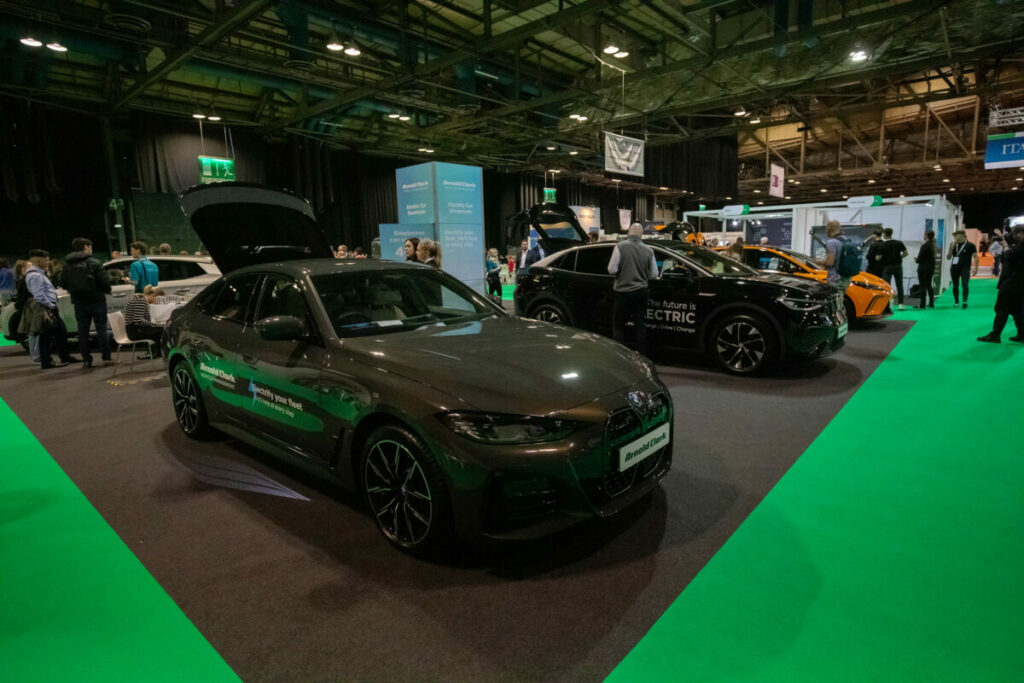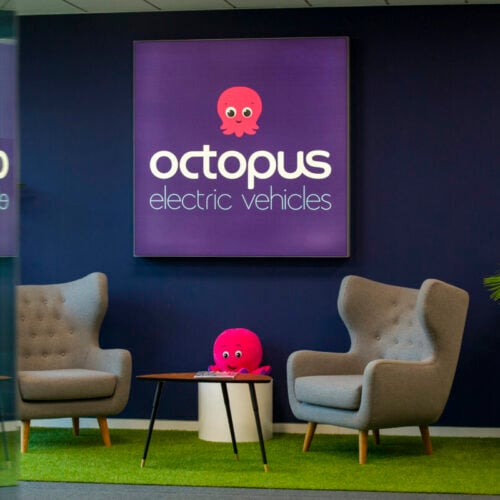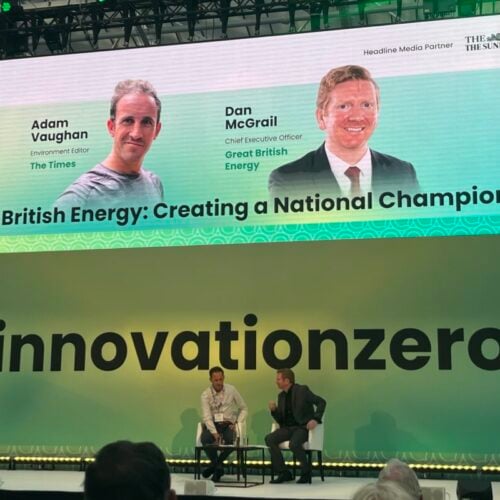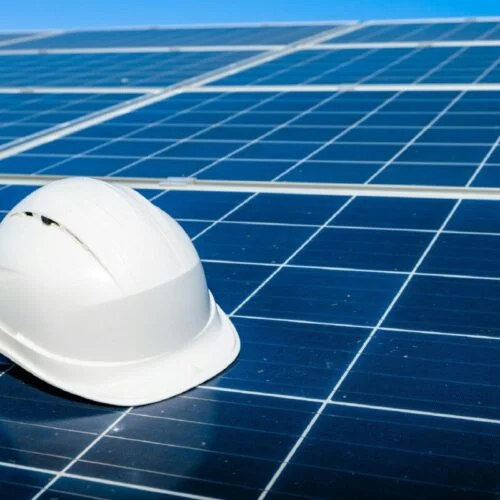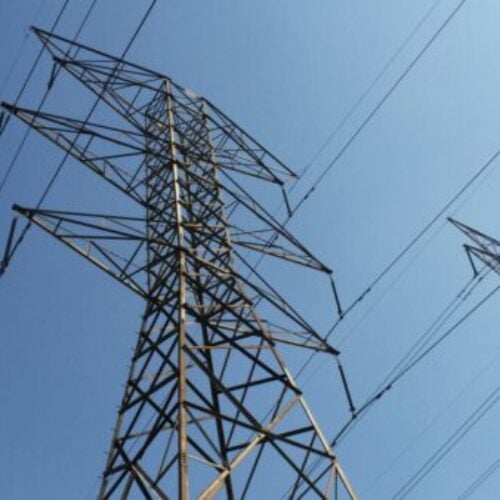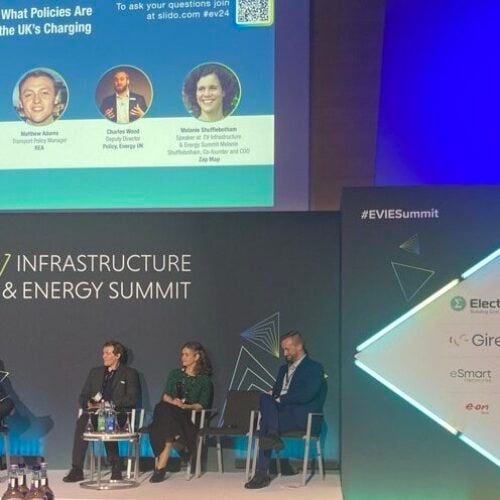AA’s April EV Recharge Report shows that electricity costs for slow and fast Electric Vehicle (EV) charging have risen slightly, while second hand EVs are falling in price.
The flat rate for slow charging increased by 5p/kWh compared to March, while fast charging rose by 1p/kWh. The AA said an increase in slow charging costs by one of the suppliers to EV charging at supermarkets resulted in the average price increase, which is still half the average cost of ultra-rapid charging.
However, more second hand EVs are becoming available, with cars under 10,000 miles (about 16093 km) now selling for half the price of brand new EVs.
According to the ECIU, 82% of car sales in the UK are second hand, meaning that EVs will have to make up a bigger proportion of the market for used cars to achieve decarbonisation of the transport sector.
82% of car sales in 🇬🇧 are 2nd hand
— ECIU (@ECIU_UK) May 17, 2023
The 🔑 to making #ElectricCars accessible is via used car market
ECIU analysis shows limited availability of small & medium EVs on 2nd hand market could mean drivers to pay an extra £9bn to run petrol carshttps://t.co/XPAOBprohw pic.twitter.com/qVb7aV3VID
Many EV owners charge their cars at supermarkets, according to the AA, because the slower, cheaper rate of charging can be combined with a shopping trip.
Compared to petrol costs, “slow charging at a supermarket is on average 5p a mile cheaper,” the AA said.
The report also noted that the second hand market for used EVs showed that they are now around half the price of a new EV. For example, a 2021 Vauxhall e-Corsa, which retails for £33,930 new, can be bought on the AA Cars website for less than £17,000 with less than 7,000 miles on the clock.
“Likewise, a Hyundai IONIQ Premium, which starts at £43,445 brand new, could be bought for around £17,500 for a model only one year old,” the AA said.
New diesel cars will be banned in 2030, meaning that many more people will be buying new and used EVs in the next decade. AA’s president Edmund King says that fleets should lead the way in EV buying, which will then stimulate the secondary used EV market.
However, the AA says that “more than three quarters of fleets (76%) are delaying the move to electrification due to cost pressures.”
“While the increase at some supermarket slow chargers is disappointing, on the whole the cost of charging has remained static and incredibly affordable, especially for the fastest charging speeds,” King said.
“There appears to be some stalling along the road to electrification from three quarters of fleets trying to save on capital costs. For some fleets this could backfire as they will miss out on lower running costs whilst being hit with higher repair bills on an aging fleet. It will also have a knock-on effect and further delay the uptake of EVs into the mass market.
“Used EVs are trading at 47% of their original value, compared to 67.1% for petrol, 65.1% for diesel, 72.8% for hybrids and 62.7% for plug-in hybrids,” King concluded.
